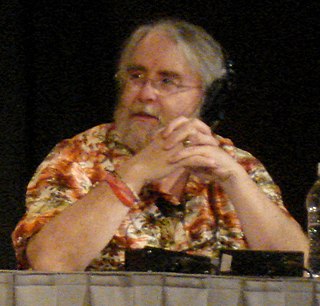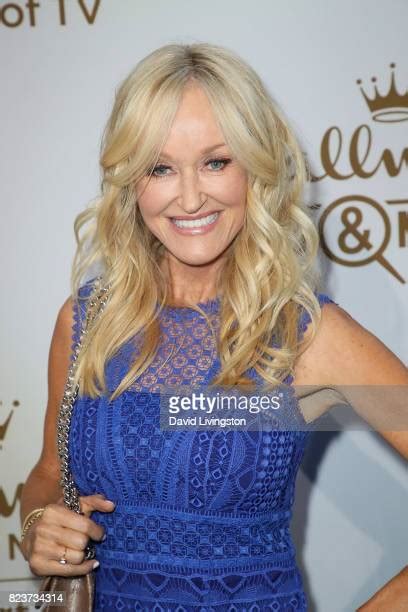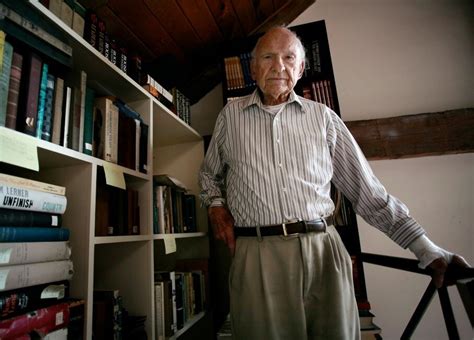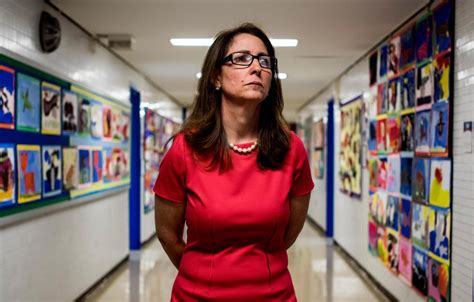A Quote by Charlie Pierce
School districts around the country, and the taxpayers that support them, have a moral right to the information the NFL might have concerning the medical aspects of the game, and to assess the risks to the students in their charge. Colleges have a moral right to that information for the same reasons.
Related Quotes
"Teachers"... treat students neither coercively nor instrumentally but as joint seekers of truth and of mutual actualization. They help students define moral values not by imposing their own moralities on them but by positing situations that pose hard moral choices and then encouraging conflict and debate. They seek to help students rise to higher stages of moral reasoning and hence to higher levels of principled judgment.
By "moral discipline," I mean self-discipline based on moral standards. Moral discipline is the consistent exercise of agency to choose the right because it is right, even when it is hard. It rejects the self-absorbed life in favor of developing character worthy of respect and true greatness through Christlike service.
The great moral question of the twenty-first century is this: if all knowledge, all culture, all art, all useful information can be costlessly given to everyone at the same price that it is given to anyone; if everyone can have everything, anywhere, all the time, why is it ever moral to exclude anyone?
Groups are only smart when there is a balance between the information that everyone in the group shares and the information that each of the members of the group holds privately. It's the combination of all those pieces of independent information, some of them right, some of the wrong, that keeps the group wise.
All voting is a sort of gaming, like checkers or backgammon, with a slight moral tinge to it, a playing with right and wrong, with moral questions; and betting naturally accompanies it. The character of the voters is not staked. I cast my vote, perchance, as I think right; but I am not vitally concerned that right should prevail. I am willing to leave it to the majority.

































